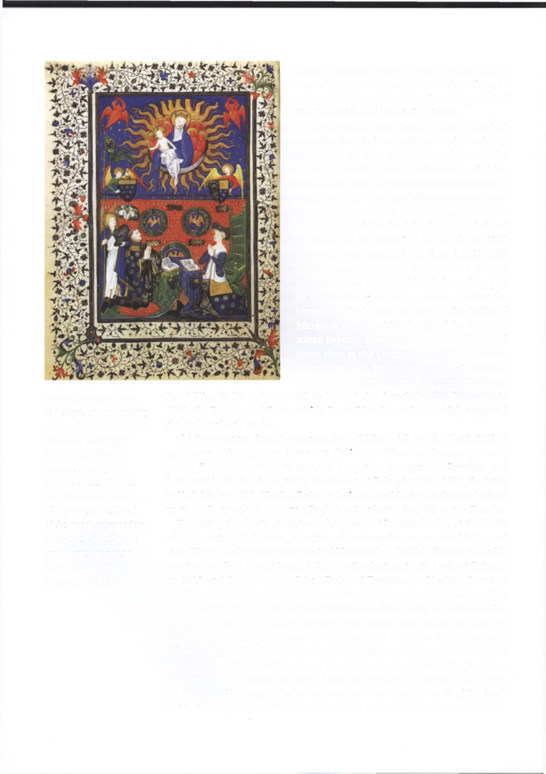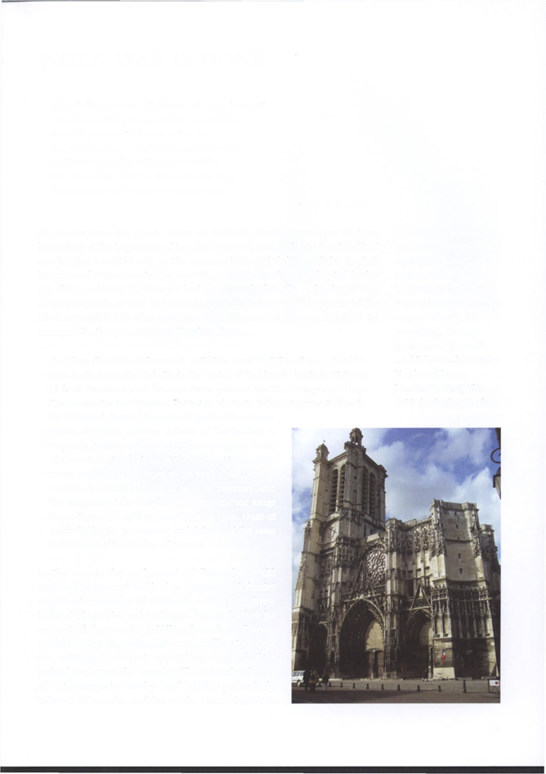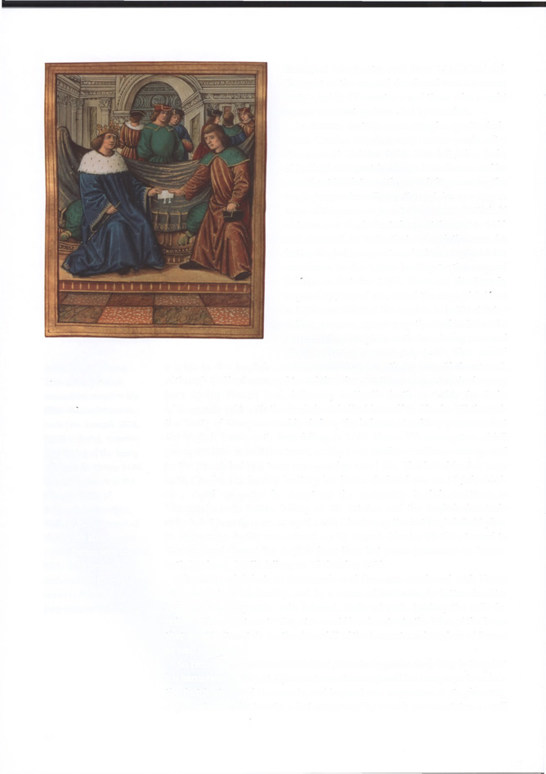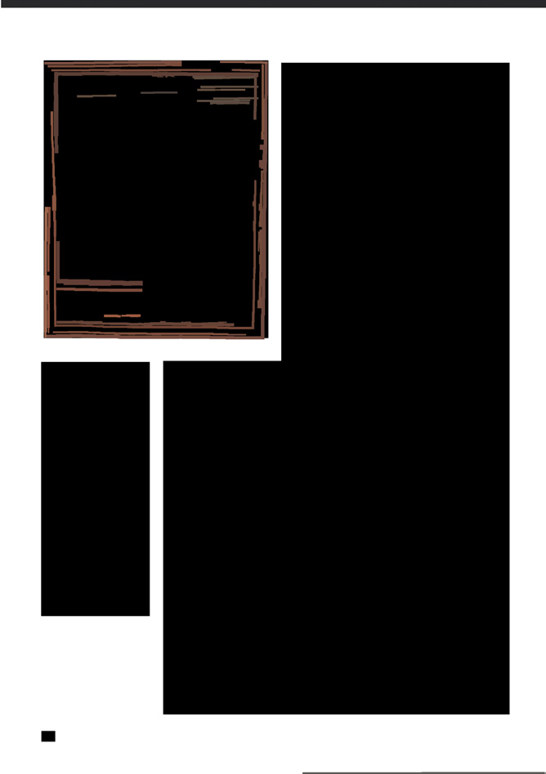Henry V: The Background, Strategies, Tactics and Battlefield Experiences of the Greatest Commanders of History Paperback (18 page)
Authors: Marcus Cowper
Tags: #Military History - Medieval

unsuitable for command in the field due to his mental state. Coming to the Bibliotheque Nationale, throne in 1380 at the age of 11, Charles was first struck by a fit of mental Paris. To the left is shown incapacity at the age of 21 and these recurred throughout his reign. His mental Charles VI of France and to weakness led to a power struggle developing for control of the kingdom the right Henry V of
between the princes of the royal blood, notably Philip the Bold of Burgundy, England. By rights Charles the King's uncle, and Louis of Orleans, the King's brother. The death of Philip VI should have been the Bold in 1404 saw his son John the Fearless take up the struggle, which Henry's prime adversary culminated in the murder of Louis of Orleans in Paris in 1407, an act that led during his campaigns in the two factions, the Burgundians and the Armagnacs - so called after the Normandy, but the French new duke, Charles of Orleans' father-in-law, Bernard VII, Count of Armagnac king's mental infirmity
- to the brink of civil war. This left the French nobility split between two meant that it would have powerful factions and unable to unite even in the face of the external threat to be the Dauphin and the posed by Henry's invasion of 1415.
great lords of France that
In the absence of the king, his heir, the Dauphin, might have been expected stood up to Henry.
to take charge. However, the spectre of the capture of John II following the (akg-images/VISIOARS) battle of Poitiers in 1356 haunted the
French monarchy and the Dauphin, the
19-year-old Louis of Guienne, stayed with
his father at Rouen.
The command of the French forces
during the Agincourt campaign therefore
devolved onto the other royal princes and
dukes and those commanders appointed
to the offices of Constable of France and
Marshal of France. There was certainly a
plethora of French aristocracy during the
Agincourt campaign. Most senior was the
24-year-old Charles, Duke of Orleans,
followed by the 33-year-old John, Duke
of Bourbon, and the 30-year-old John,
53


Duke of Alen^on. None of these three had a great
deal of military experience, certainly nothing to
compare to Henry V, and much was expected of
the Constable and Marshal of France.
The Constable was Charles d'Albret, who had
served in the role from 1402 to 1411 before being
dismissed by the Burgundian faction. The
Armagnac rise to power saw him restored to his
role in 1413 and he was a professional soldier of
long standing. The Marshal was an even more
famous warrior, Jean le Meingre. Known as
Boucicaut, his father had also been Marshal and
he served at the battle of Roosebeke of 1382
where he was knighted. He then fought with
the Teutonic Order in Livonia and Prussia
throughout the 1380s and 90s, before taking part
in the Franco-Hungarian crusade against the
Ottomans that came to grief at the battle of
Nicopolis in 1396 at the hands of the Ottoman
sultan Bayezid. Boucicaut was captured here and
spent time at the Ottoman capital Bursa before
being ransomed. He returned to Constantinople
in 1399 to defend Genoese interests there.
Marshal Boucicaut, Jean
In addition to his military exploits he had also founded a chivalric order in
le Meingre, shown kneeling
1399, the Emprise de l'Escu vert a la Dame Blanche, and was widely respected
and praying at the bottom
throughout both armies.
left of this illustration
Of these senior French commanders, d'Albret fell on the battlefield of
from a book of hours
Agincourt as did Alengon. Boucicaut, Orleans and Bourbon became prisoners
commissioned by him.
of the English, destined to spend a long time in captivity. Bourbon and
His wife kneels opposite
Boucicaut both died in captivity, the former at Bolingbroke in 1434, the latter
him. Boucicaut proved one
in Yorkshire in 1421. Charles, Duke of Orleans, would return to France, but not
of the more professional
until 1440, apparently speaking English rather better than his native French.
of the French commanders,
Following the death or capture of so many of France's leaders at the battle
but was restricted by the
of Agincourt, a whole new generation of commanders was required to try and
lack of unity within the
stem Henry's subsequent conquest of Normandy, of which the most notable
French command.
was the new Dauphin of France following the deaths of both Louis of Guienne
(Author's collection)
in 1415 and his successor, John, Duke of Touraine, - Charles, Count of
Ponthieu. Charles was unable to prevent Henry's conquests of 1417-19, and his
acquiescence in the murder of John the Fearless of Burgundy in 1419 drove the
Burgundian faction into the hands of the English and nearly lost him his
crown, disinherited as he was by the Treaty of Troyes in 1420. However,
following the death of both Henry V and his father, and the putative accession
to the French throne of the young Henry VI, Charles claimed the throne as
Charles VII and, assisted by Joan of Arc, was crowned in Reims in July 1429.
By the end of his reign Charles had succeeded in recapturing all of the lands
lost to the English with the exception of the immediate area around Calais.
54


W H E N W A R IS D O N E
Hung be the heavens with black: yield, day, to night!
Comets, importing change of times and states,
Brandish your crystal tresses in the sky,
And with them scourge the bad revolting stars
That have consented unto Henry's death:
King Henry the Fifth, too famous to live long:
England ne'er lost a king of so much worth.
1 Henry VI,
I. i. 1-7
So Shakespeare has John, Duke of Bedford, Henry's younger brother, Troyes Cathedral provided
lamenting at the beginning of his play
Henry VI, Parti.
The Duke of Bedford the backdrop for the was to play a central role in the organization and defence of the English signing of the Treaty of kingdom of France created by Henry's conquests and now inherited by his Troyes on the high altar
son, the new Henry VI. Henry V had given much thought to the disposition on 21 May 1420, following of his conquests as well as his soul in his final days, and the writer of the which Henry and Katherine
The First English Life of Henry V
describes the careful manner in which he were betrothed in the arranged for the governance of his kingdom:
same church. This was
the document that really
The Kings disease dayly increased, vntill that most Christian Kinge yealded his
established the Lancastrian
soule to God, departed this life in the Castell of that is called Bois de Vistenne
kingdom of France
[Bois-de-Vincennes], not farr from Parris; where at that time was present Kinge
i n h erited by H e n ry VI i n
Charles and the two Queenes. But tofore his death this most prudent Kinge in
1422. (Author's collection)
his Testament disposed the care and garde of the younge
Prince, his sonn, and the defence of the Realme of
Englande, to his most deere brother, Humphrie, Duke
of Glocester... the custody of the bodie of the younge
Prince the Kinge committed to his vnckle the Duke of
Excester, to endoctrine him in all good manners. And
the reuenews of the Dutchie of Normandie the Kinge
bequeathe to his right puissant brother John, Duke of
Bedforde, for the gouernance and defence of the same
Dutchie and of the Realme of Fraunce.
In the event, the parliament of December 1422
preferred to appoint Bedford as 'protector, defender
and chief councillor of England', with Humphrey,
Duke of Gloucester, only acting in his stead when he
was out of the country fulfilling his role in France.
In addition to this, parliament was unwilling to accept
one individual as regent, appointing a council of 16
instead to govern the country. This caused a degree
of inter-magnate rivalry and strife, particularly
between Gloucester and his uncle, Henry Beaufort,
55

